
The past month has been marked by value boosts for recovered PET, HDPE and PP. Fiber grades recovered in curbside programs, however, have been flat or slightly down.

The past month has been marked by value boosts for recovered PET, HDPE and PP. Fiber grades recovered in curbside programs, however, have been flat or slightly down.
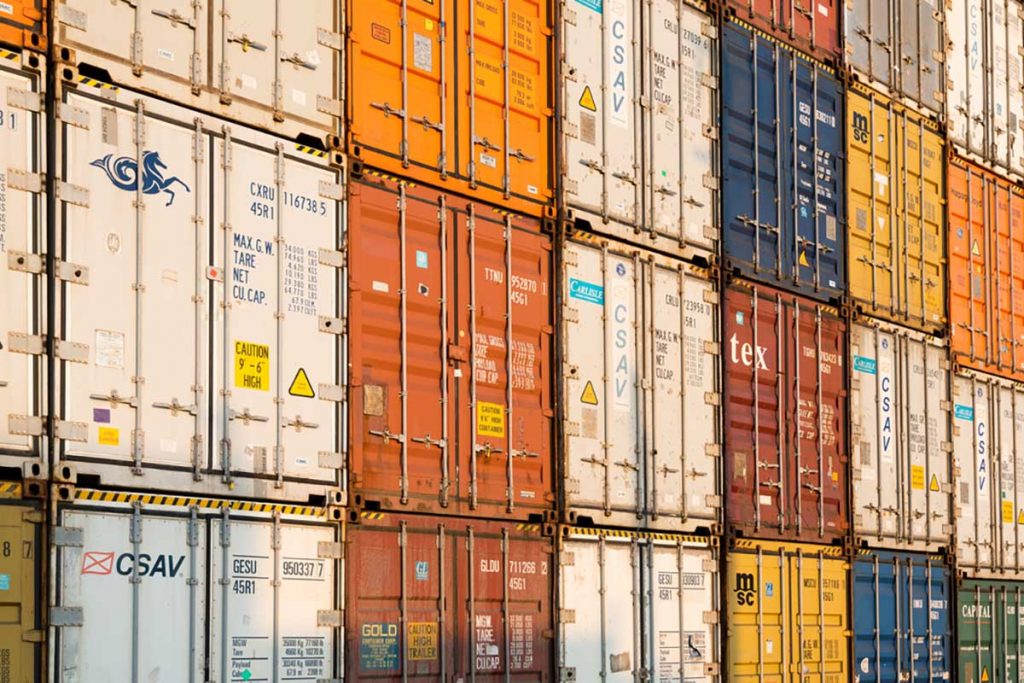
U.S. exports of recovered commodities decreased in 2020, continuing a multi-year trend. | Jose Luis Stephens/Shutterstock
Recovered paper shipments from the U.S. to China slowed immensely as 2020 drew to a close, newly released figures show. Meanwhile, scrap plastic exports decreased during the year, but shipments to certain countries grew sharply.

Legislators in nine states, including Maryland, say they will collaborate to push extended producer responsibility policies for plastic packaging. | tokar/Shutterstock
The industry-led Recycling Leadership Council published a set of policy recommendations for national lawmakers. Meanwhile, state legislators are collaborating to push for extended producer responsibility in nine states.
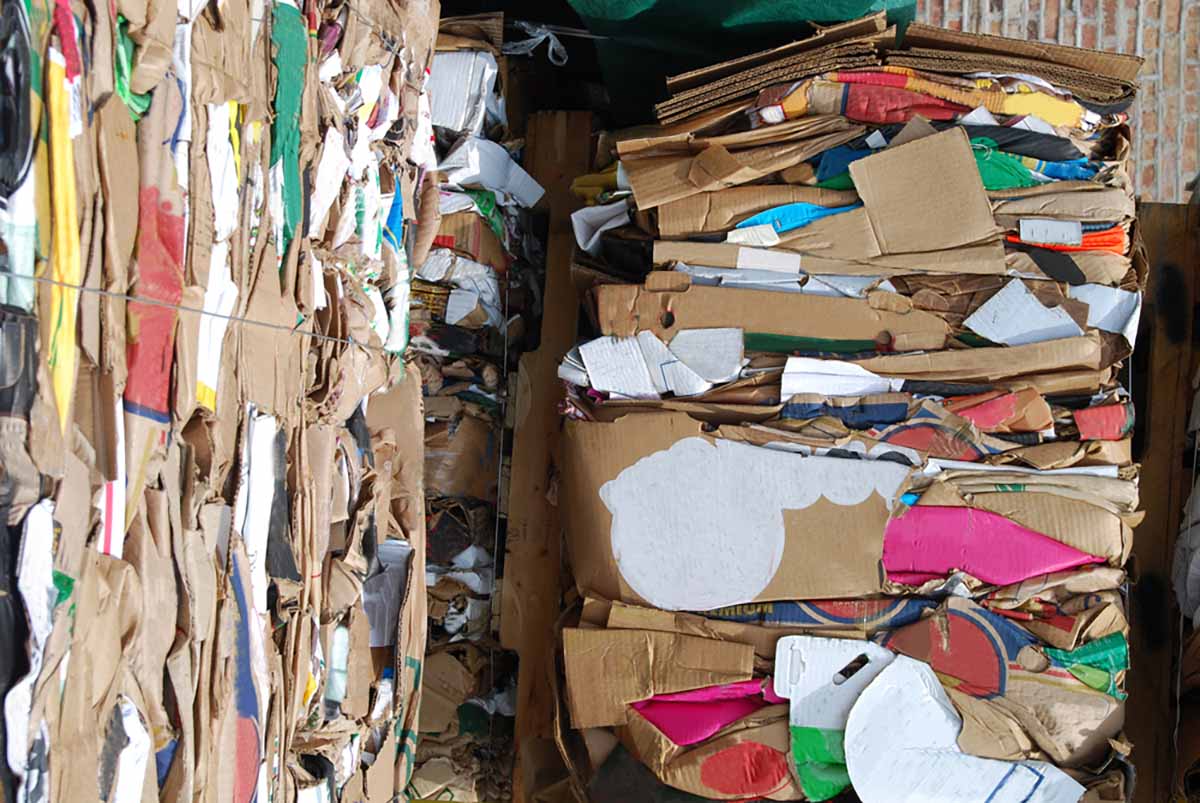
A senior economist at recovered paper research firm RISI recently spoke on the forces driving the OCC market. | Quang Ho/Shutterstock
The end of 2020 was marked by promising recovered fiber prices. An analyst says that’s due to strong domestic and international demand, despite China’s move to cease buying.

Though recycling businesses often have large numbers of people of color at lower levels of the workforce, racial disparities are wide at the upper ranks. | Resource Recycling, Inc.
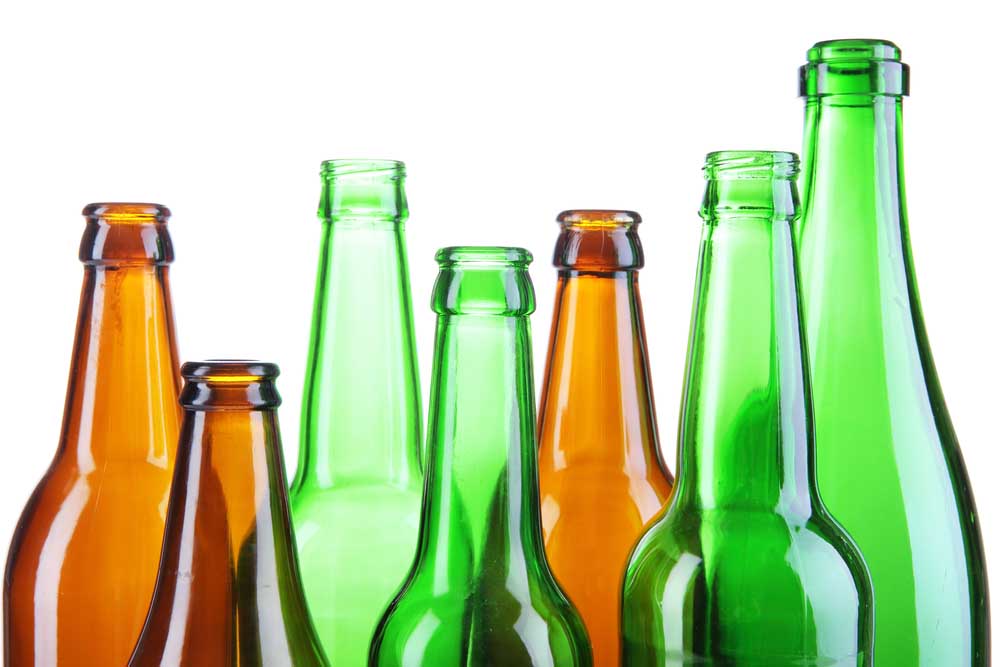
In the 2020 fiscal year, Tucson collected some 5,300 tons of glass for processing, representing a cost of more than $567,000. | Africa Studio/Shutterstock
Beginning this month, glass is no longer collected at the curb in Tucson, Ariz. The move is part of a push to reduce overall recycling costs, but it jostles the strategy for a material that has seen steady downstream demand.
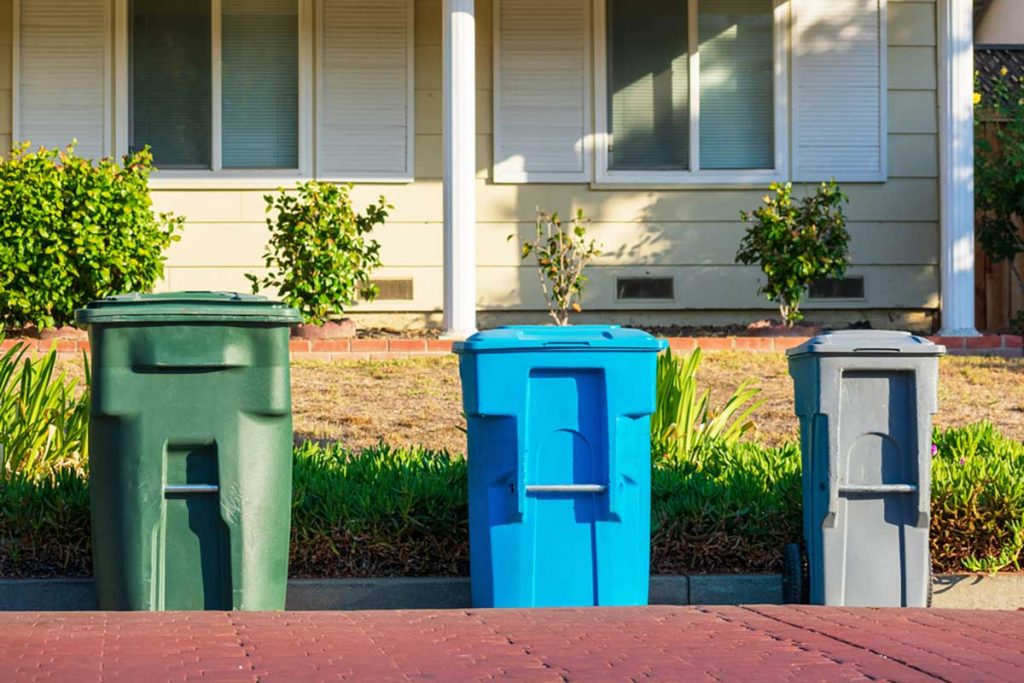
Local program leaders discussed their challenges during an online industry gathering last week. | Michael Vi/Shutterstock
Last week, the Solid Waste Association of North America held its annual Wastecon event online. Not surprisingly, much of the talk during virtual sessions focused on the pandemic. But other topics got their due as well.
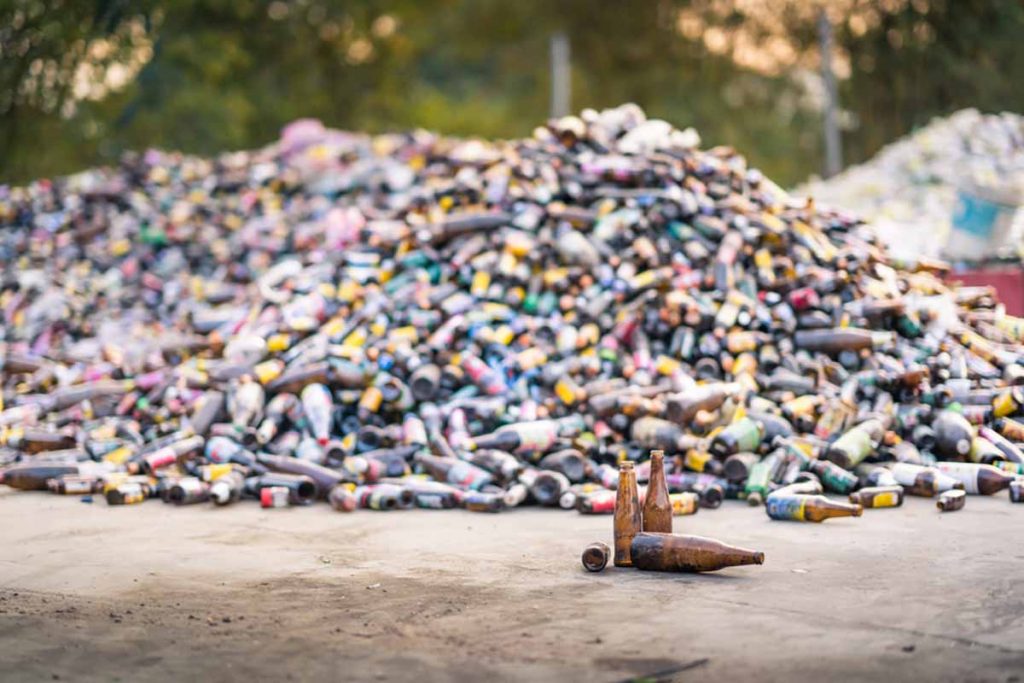
The state of New York will provide funding to create a Center for Glass Innovation. | Torychemistry/Shutterstock
A government grant will support a collaborative project to bolster end markets for recycled glass and improve the quality of the glass stream throughout New York.
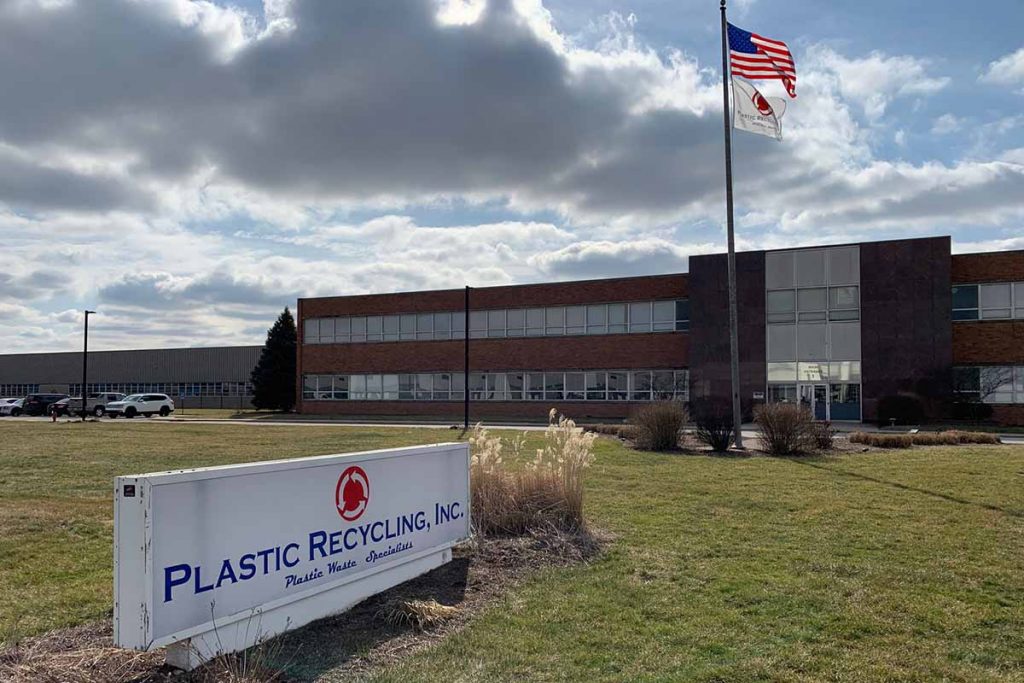
PRI is the latest company to open North American capacity for e-plastics. | Courtesy of Plastics Recycling, Inc.
Indianapolis-based Plastic Recycling, Inc. has expanded with a project that underscores the opportunities and complexities in recycling plastics from scrap electronics.
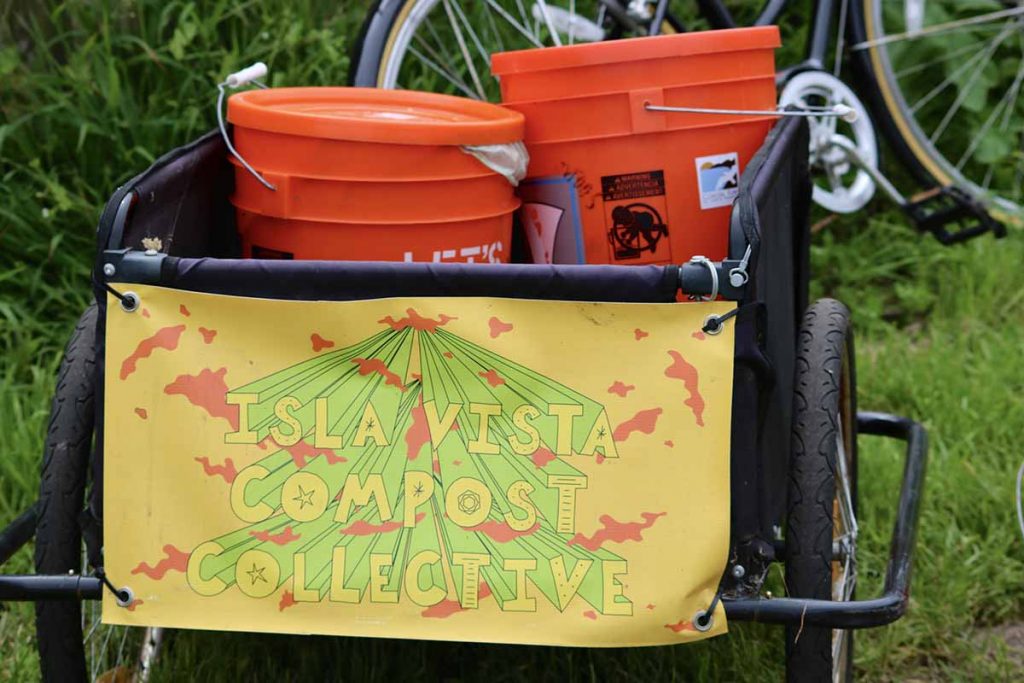
The Isla Vista Compost Collective officially began in the fall of 2017. It is now a growing, municipally run project.

